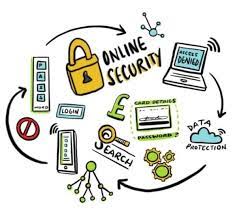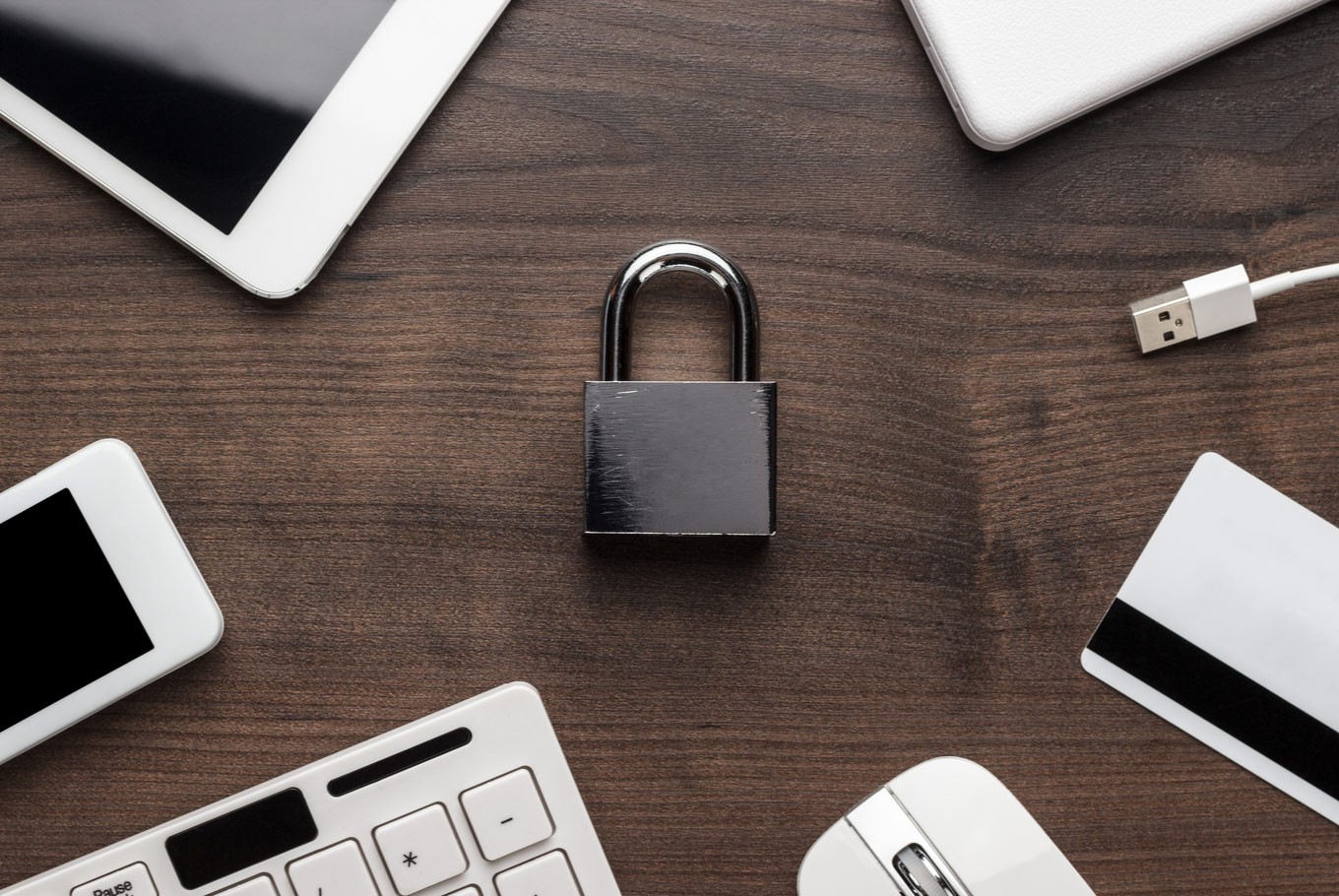Hello!
 We live in a time where obtaining information about someone may be as simple as pressing a few buttons. Data security has always been a priority. It’s why individuals secure their filing cabinets with locks and rent safe deposit boxes at their institutions.
We live in a time where obtaining information about someone may be as simple as pressing a few buttons. Data security has always been a priority. It’s why individuals secure their filing cabinets with locks and rent safe deposit boxes at their institutions.
People are now sharing more information about themselves than they ever have; thanks to social media platforms and the internet. Some things, especially your online persona, are worth keeping hidden.
Every day, we expose ourselves to cybercrime in a variety of ways, from online shopping to mobile banking. Data is becoming more important as more of our data is digital and we share more information online.
 The more the internet has become a commodity in our lives, the more important it has and is linked to us in every aspect, making it safe is only becoming to make it safer and more secure crucial.
The more the internet has become a commodity in our lives, the more important it has and is linked to us in every aspect, making it safe is only becoming to make it safer and more secure crucial.
Just like our homes, we need to protect our internet online presence as well. This is why it is important to choose secure internet plans.
However, to protect your identity on the internet, below there are some more ways you must include in your daily networking could implement for stay safe online.
Strong Passwords
 Creating strong passwords is the most initial step that you can take to protect your identity. Whenever you are creating passwords, make sure that they are not very personal that any cybercriminal can figure out easily, for instance, passwords like your pet’s name, or birthday.
Creating strong passwords is the most initial step that you can take to protect your identity. Whenever you are creating passwords, make sure that they are not very personal that any cybercriminal can figure out easily, for instance, passwords like your pet’s name, or birthday.
You might think that keeping your great-aunt’s name as a password with some digits added in the end is a great escape, -well it’s not. You must choose a combination of upper and lower cases, special symbols, and numbers.
You must keep changing your passwords quarterly preferably. It is also ideal to create a different and unique password across multiple sites instead of using the same one all across.
Avoid Using Free Wi-Fi
Due to an all-time need for an internet connection, public spaces now offer free Wi-Fi services. These Wi-Fi networks have little to no security protections set in place, others on the same network can readily see what you are up to. As they are less secure they are easy for cybercriminals to access.
Do Not Over-share On Social Media
Avoid sharing too much on social media. Giving too much information on social media sites like Facebook, Instagram, and Twitter will make it simpler for hackers to get identifying information, allowing them to steal it to access your financial information as well.
Check your privacy settings to see who has access to your posts, and be cautious about disclosing sensitive information like your location, birthplace, birthday, or other personal details. It is suggested that you ignore the ‘About Me’ section in the social media profiles to protect your online anonymity.
Avoid Links and Attachments
Cybercriminals are astute, and their phishing scams are frequently disguised as legitimate messages from a bank, utility company, or other organization. Spam can be identified by certain characteristics, such as misspellings or a different email address than the regular sender.
Don’t be taken in by these ruses. If you click on a phishing link, you may be led to a faked website that looks like a bank or financial institution’s homepage. When you submit your account information, however, you will be sending it to phishing scammers.
Avoid Enabling Cookies
 You must at all costs avoid enabling cookies unless required by the website. Cookies are small pieces of information that websites save on your computers, such as which websites you visit and how you consume them.
You must at all costs avoid enabling cookies unless required by the website. Cookies are small pieces of information that websites save on your computers, such as which websites you visit and how you consume them.
Although a majority of them keep those details confidential for the cybercriminals, this is another way to obtain your personal information. You can enable the cookies but only if it is very necessary for your goal.
Encrypted Websites
Before performing any type of online financial transaction, search for indicators that the website is encrypted. To do so, look for two items in the URL or web address bar. When you’re on a secure site, the “HTTP” turns to “HTTPS” when you’re on a page that asks for your credit card information.
A lock symbol will show on the right side of the address bar or at the bottom left of your browser window at the same moment. These two signals indicate that the website is encrypted, implying that no one would be able to read data as it is transferred to the website owner.
Install Security Programs
Always keep anti-virus software installed on all your devices. These security suites protect your devices from being attacked by hackers, trying to steal personal information, or even tracking your information. It blocks harmful viruses, spyware, etc. Manufacturers keep their virus protection software up-to-date as a shield against the latest malware. You must make sure that you either have these purchased or installed for security.
Use VPNs
 VPN (a virtual private network) gives you anonymity by transferring your public connection to a private network. VPNs conceal the Internet Protocol (IP) address which makes all your online actions untraceable.
VPN (a virtual private network) gives you anonymity by transferring your public connection to a private network. VPNs conceal the Internet Protocol (IP) address which makes all your online actions untraceable.
Whenever you use public Wi-Fi at any public place, VPN is very important. Cybercriminals have a harder time breaching online privacy en bescherming and obtaining access to your private information when you use a VPN.
Password Protection
All your devices; from mobile phones to a Wi-Fi router must be password protected. If you do not put any password on your routers, your connection becomes accessible to anyone in the range. Hackers can easily steal all the information. Your mobile phone must be secure with a passcode as well. It should be complex and must not be informed to anyone.
Also read:
- Brand Marketing vs Performance Marketing
- How to Recognize a Legitimate Crypto Recovery Company
- QUASA pitch session for Michelin Accelerator
Conclusion
Nothing is more vital today than remaining secure online. While technology is constantly improving and becoming more secure, fraudsters will always be one step ahead. So you must take all the aforementioned precautionary measures to keep your identity safe.
Thank you!
Join us on social media!
See you!






